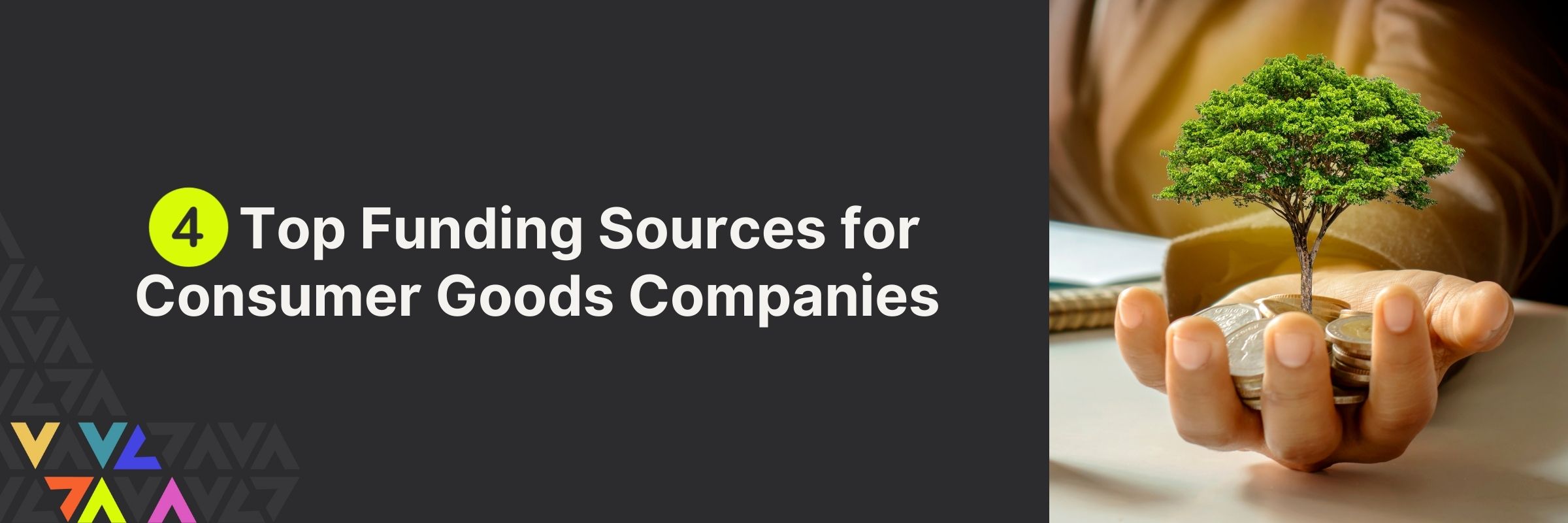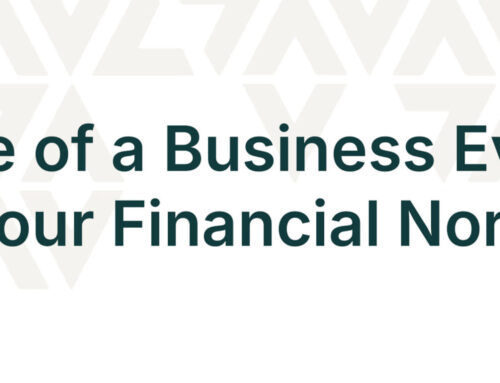
By Michael Gracie, Fractional Chief Financial Officer
Starting a consumer goods company is a significant endeavor, particularly given that consumer spending is a major driver of the U.S. economy. Many founders begin their journey with seed capital from friends and family. The early stages are often marked by intense efforts to establish manufacturing and distribution networks. Once these elements are in place, both online and offline sales can start to generate revenue. However, reaching a cash flow breakeven point is frequently delayed as profits are reinvested into the business.
When the time comes for scaling, it is essential to secure additional funding. Preparation is key before approaching potential investors or lenders. Founders need to be ready to deliver the following immediately upon the request. Any delay sends the wrong signal to capital providers. So BE READY!
- Financial records for 24 months or since the company’s inception, whichever is longer. These typically include monthly income statements and balance sheets.
- A financial forecast that outlines the company’s future direction and potential cash flow issues, supported by clear and concise assumptions.
- A company overview package that includes registration documents, information on any litigation, key contracts with customers and suppliers, a personnel list, and a brief summary highlighting the company’s mission and achievements.
Once these documents are prepared, the founder is ready to approach lenders and investors. The funding options available to consumer goods companies include:
- Banks – Financial institutions often offer the least expensive financing options but typically require a strong financial history and an existing banking relationship. They may also request that business accounts be transferred to them if not already managed there. Be prepared to put up collateral or sign a personal guarantee.
- Venture Debt – Tailored for young, growing companies, this type of debt provides capital based on the company’s potential to raise future equity rather than solely on financial history. It is often provided by specialized banks or investment pools with expertise in startups. Know that venture capitalists require warrants, or the right to purchase company stock within a specified price and time.
- Alternative Lenders – This category includes traditional asset-based lenders and newer entities that focus on companies with steady monthly revenues. These lenders require robust financial management due to their frequent checks on the company’s finances. Be ready: having a financially stable back office is an absolute requirement for these lenders.
- Equity/SAFEs – Equity financing or Simple Agreements for Future Equity (SAFEs) are options for those looking to raise funds without immediately diluting ownership. SAFEs allow companies to postpone valuation until the business has grown further. This route is best for companies that have a refined, board-approved capital-raising plan. It’s also good for founders still taking friends and family raises, as those funds can merge with the SAFE money into a more formal Series A offering.
Engaging a fractional finance professional is often beneficial for companies considering venture debt or alternative lenders. These professionals can assess financials quickly and match companies with suitable lenders, saving time and potentially securing favorable terms.
In cases of bank loans or equity financing, strong existing relationships are crucial. For equity deals, legal counsel is highly recommended to navigate the complexities of selling shares.
Successful capital raising requires thorough preparation and a clear understanding of the available financial instruments. Companies seeking to expand should carefully evaluate each option to find the best fit for their growth strategy.



